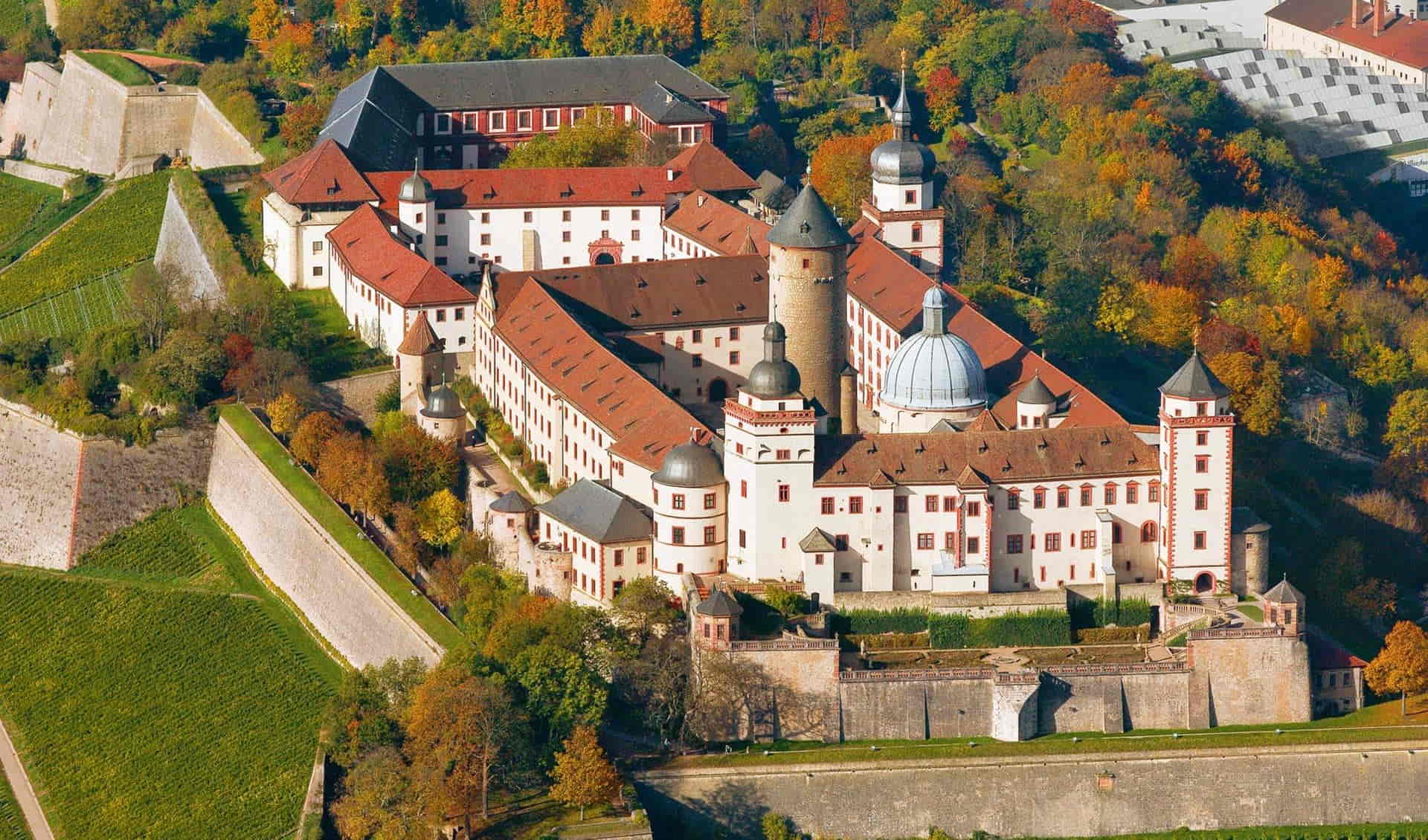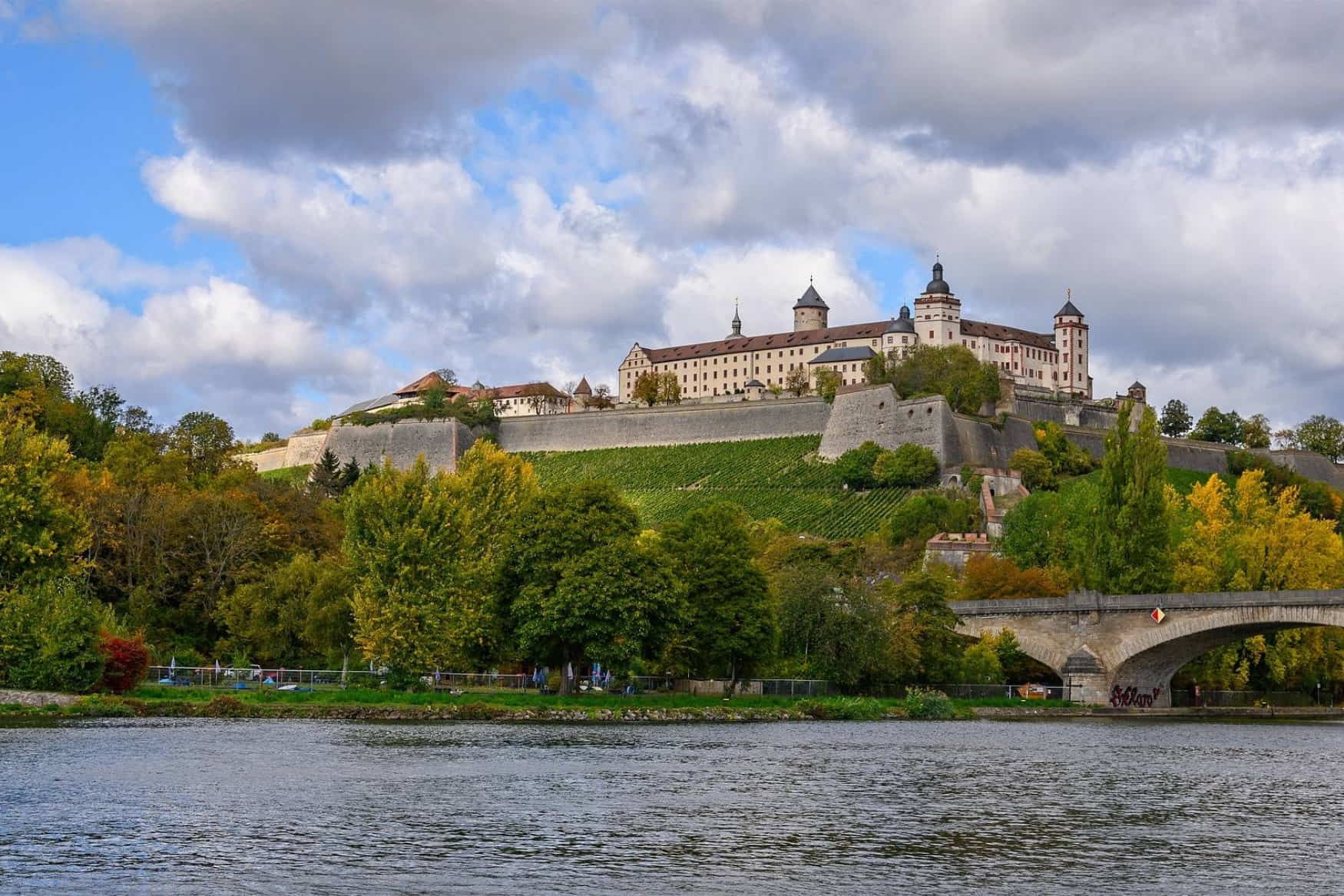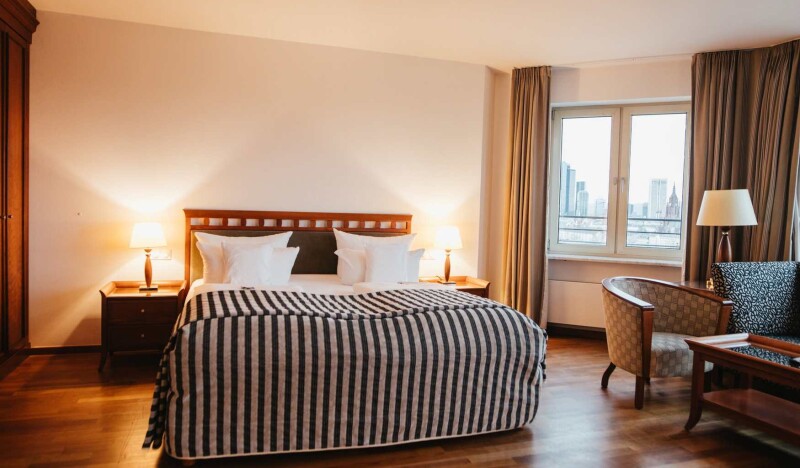Marienberg Fortress, a majestic sentinel overlooking Würzburg, is a captivating blend of history and architecture that has dominated the city's skyline for centuries. Perched atop the Marienberg hill on the left bank of the Main River, this impressive stronghold has witnessed the ebb and flow of Franconian history since the 12th century. As a symbol of Würzburg's resilience and cultural heritage, the Marienberg Fortress offers visitors a journey through time, from its medieval roots to its Renaissance and Baroque transformations. The fortress's commanding presence and rich past make it an essential stop for history enthusiasts, architecture lovers, and families seeking an immersive experience in the heart of Bavaria.
Highlights
- Panoramic views of Würzburg and the surrounding vineyards
- Mainfränkisches Museum showcasing Franconian art and history
- Princes' Building Museum with elegant furniture and paintings
Contents
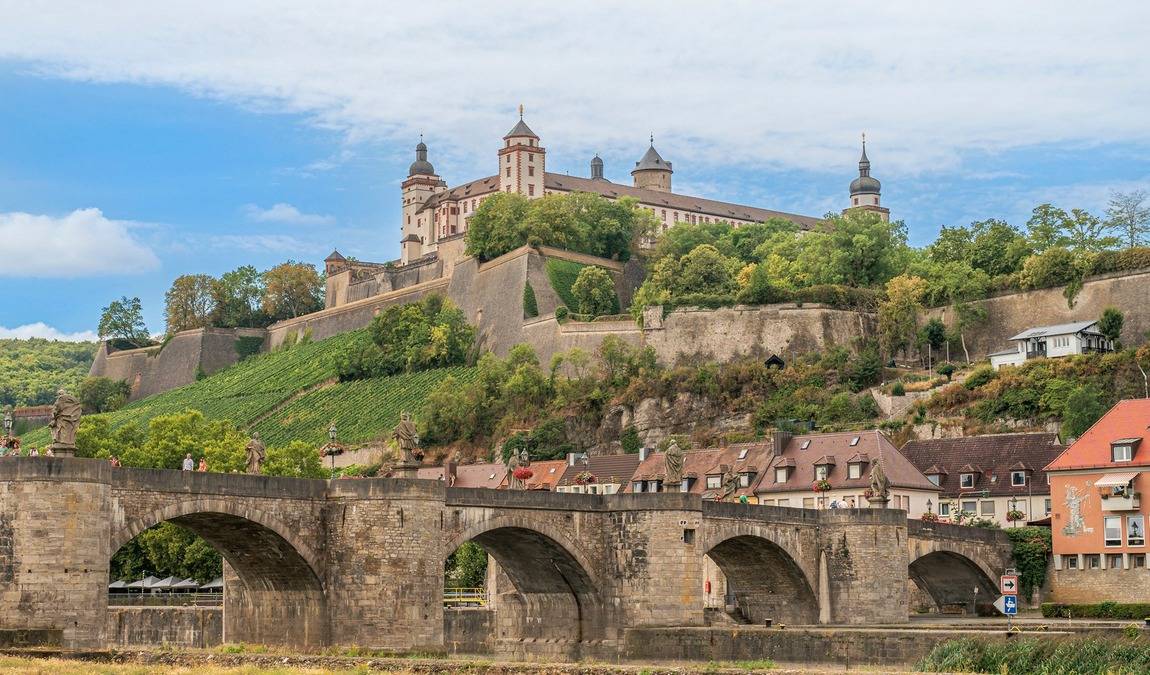 Photo: facebook.com/bayerische.schloesserverwaltung
Photo: facebook.com/bayerische.schloesserverwaltung
Here is Why Your Kids Will Find it Interesting
Marienberg Fortress is worth visiting with kids aged 7 and up due to its fascinating history and interactive exhibits. Children will be enthralled by the castle's towering walls, secret passages, and tales of knights and princes. The fortress offers a perfect blend of education and adventure, allowing young minds to explore medieval life through hands-on activities and engaging tours. Kids can imagine themselves as brave defenders of the castle, climb ancient towers for breathtaking views, and discover the art of warfare through historical displays.
Family-friendly features
- Interactive exhibits in the Mainfränkisches Museum
- Child-friendly guided tours with engaging storytelling
- Spacious grounds for exploration and picnics
History of Marienberg Fortress
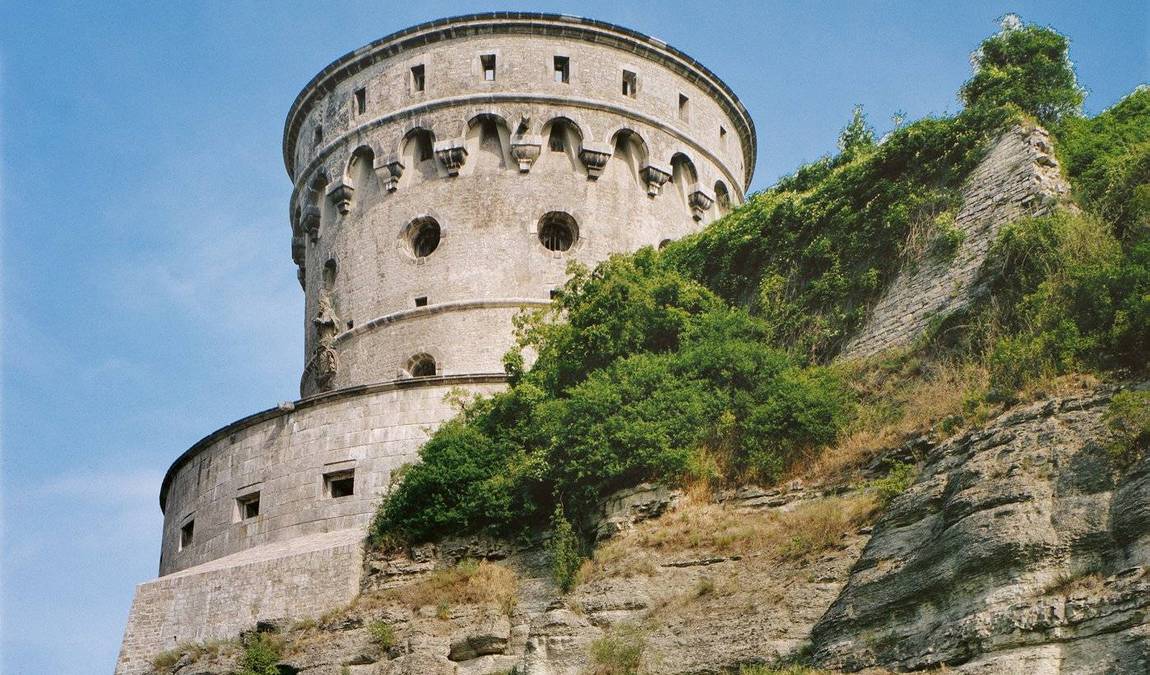 Photo: facebook.com/bayerische.schloesserverwaltung
Photo: facebook.com/bayerische.schloesserverwaltung
The story of the Marienberg Fortress began in the late 12th century when the first fortifications were built on the strategic hilltop overlooking Würzburg. Over the centuries, the fortress underwent numerous expansions and modifications, reflecting the changing needs of its occupants and the evolving styles of European architecture.
- 13th century: Initial construction of the medieval castle
- 16th-17th centuries: Major Renaissance additions and fortifications
- 18th century: Baroque elements incorporated into the fortress design
The fortress served as the residence of the prince-bishops of Würzburg for nearly five centuries, playing a crucial role in the region's political and religious landscape. During the Thirty Years' War, the fortress fell to Swedish forces under Gustav II Adolf in 1631, resulting in significant plundering and damage.
Exploring the Fortress
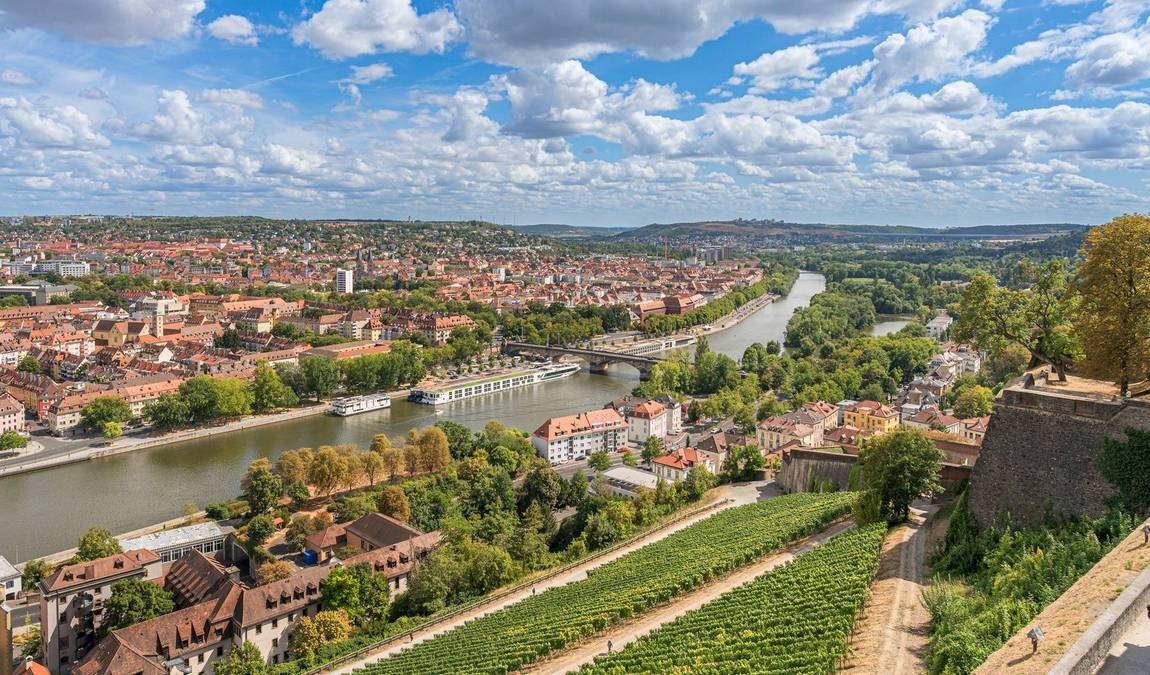 Photo: facebook.com/bayerische.schloesserverwaltung
Photo: facebook.com/bayerische.schloesserverwaltung
Today, Marienberg Fortress offers visitors a wealth of experiences:
- Mainfränkisches Museum: Houses an extensive collection of Franconian art and cultural artifacts
- Princes' Building Museum: Showcases elegant furniture, paintings, and historical exhibits
- Guided tours: Provide in-depth insights into the fortress's history and architecture
- Panoramic views: Offer stunning vistas of Würzburg and the surrounding vineyards
Visitors can explore the various courtyards, ramparts, and towers, each telling a part of the fortress's long and eventful history.
Architectural Highlights
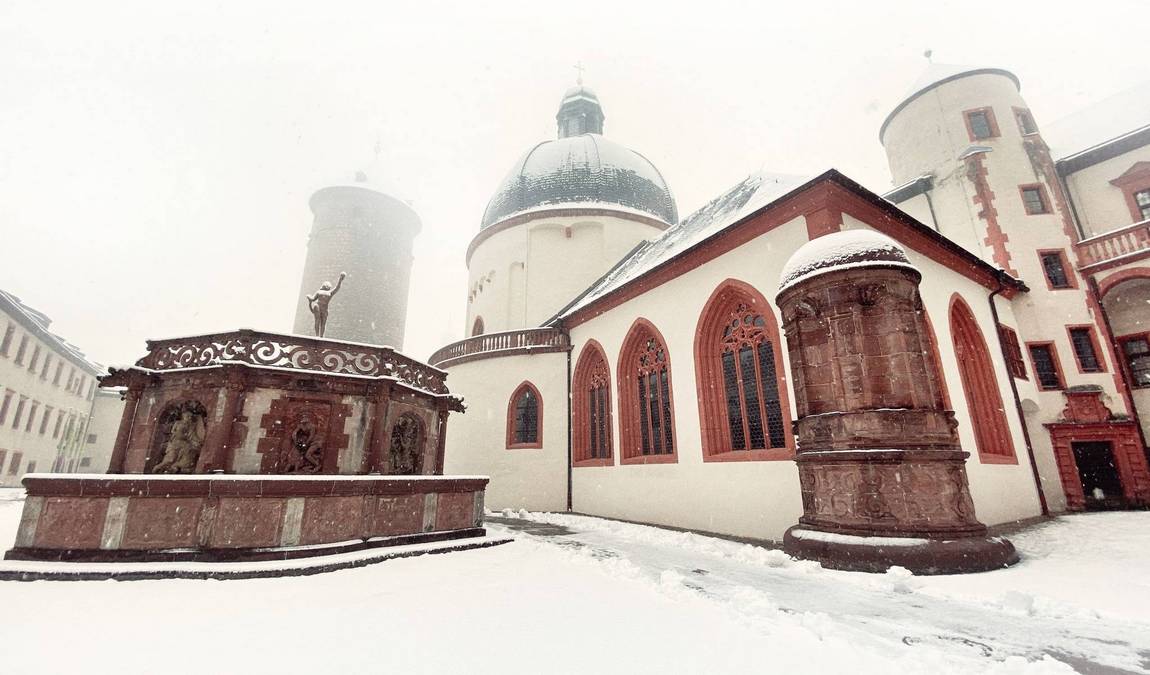 Photo: facebook.com/bayerische.schloesserverwaltung
Photo: facebook.com/bayerische.schloesserverwaltung
Marienberg Fortress is a remarkable testament to the evolution of European military architecture. Its rich history is reflected in its diverse architectural elements, spanning several centuries and styles. The fortress's core, dating back to the 13th century, represents its medieval origins. Significant expansions and fortifications were added during the 16th and 17th centuries, incorporating Renaissance features that enhanced its defensive capabilities and aesthetic appeal. The 18th century brought further refinement by adding elegant Baroque elements, creating a harmonious blend of form and function.
At a distance of 2.3 kilometres is the Wuerzburg Residenz, which we also recommend a family visit.
Among the fortress's most notable features is the Fürstenbau, or Princes' Building, a Renaissance masterpiece that now houses the museum. This structure exemplifies the grandeur and sophistication of Renaissance architecture, offering visitors a glimpse into the opulent lifestyle of the fortress's former inhabitants. Within the fortress walls, St. Mary's Church is a beautiful example of Romanesque architecture, providing a stark contrast to the later additions and a reminder of the fortress's long-standing religious significance.
The Scherenbergtor, an impressive Renaissance gate adorned with intricate decorations, serves as a grand entrance to the fortress complex. It showcases the artistic prowess of its creators and the importance of defensive architecture during that era. These architectural highlights demonstrate the fortress's strategic importance throughout history and its role as a center of culture and artistry in the region.
Marienberg Fortress During World War II
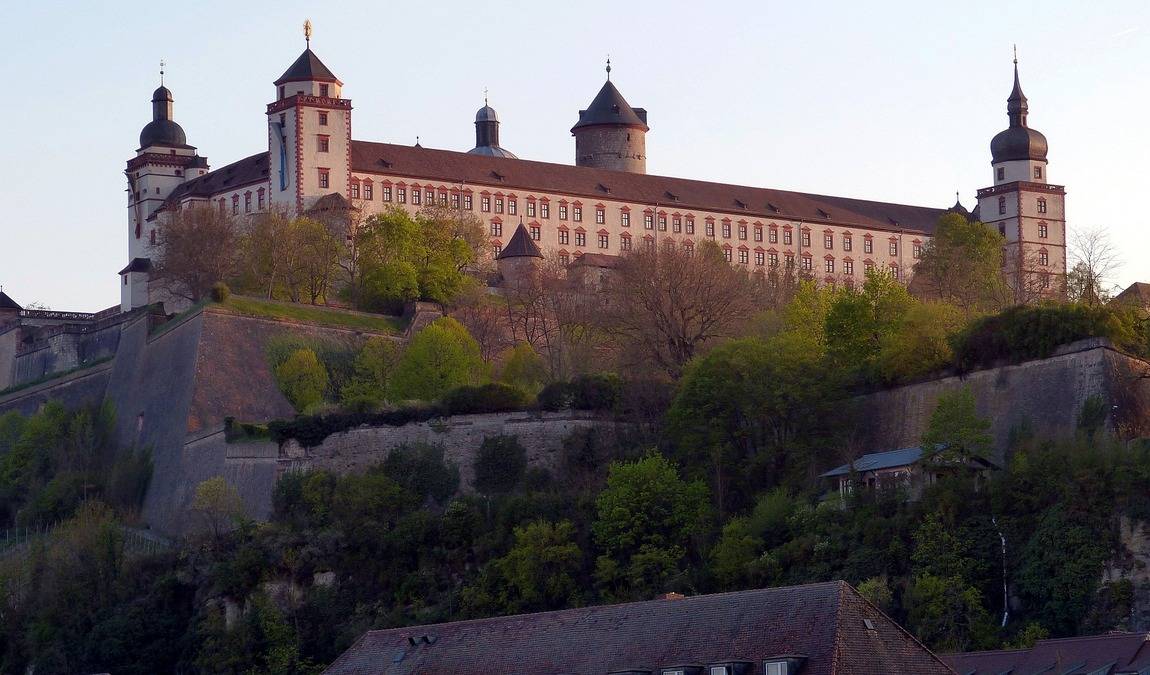 Photo: pixabay.com
Photo: pixabay.com
The fortress faced one of its most significant challenges during World War II:
- March 16, 1945: Severely damaged by Allied bombing raids
- Extensive fires: Incendiary bombs caused significant destruction
- Post-war reconstruction: Efforts to rebuild and restore the fortress began in 1950
- Completion: Full restoration was achieved in 1990, preserving this important landmark for future generations
Nearby Attractions in Würzburg
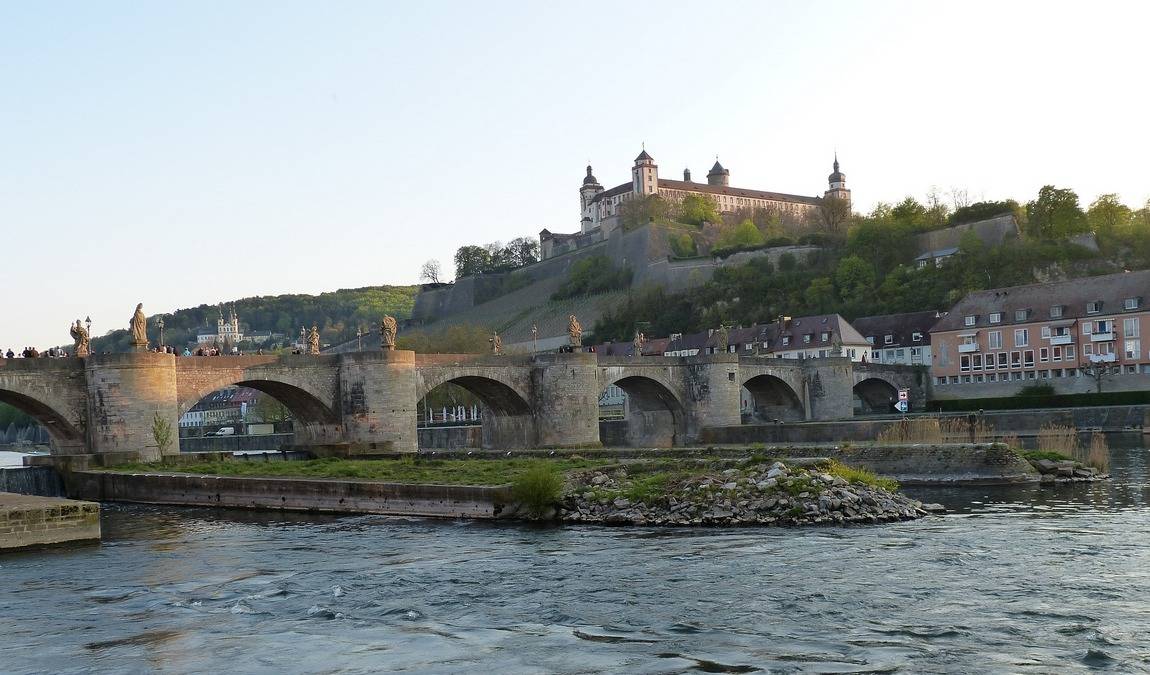 Photo: pixabay.com
Photo: pixabay.com
While visiting this spot, consider exploring these nearby attractions:
- Alte Mainbrücke (Old Main Bridge): A picturesque bridge offering beautiful views of the city
- Würzburg Cathedral: An impressive example of Romanesque architecture
- Marienkapelle: A Gothic chapel in the heart of Würzburg
- Rathaus Würzburg (Town Hall): A beautiful Renaissance building in the city center
Cultural Significance
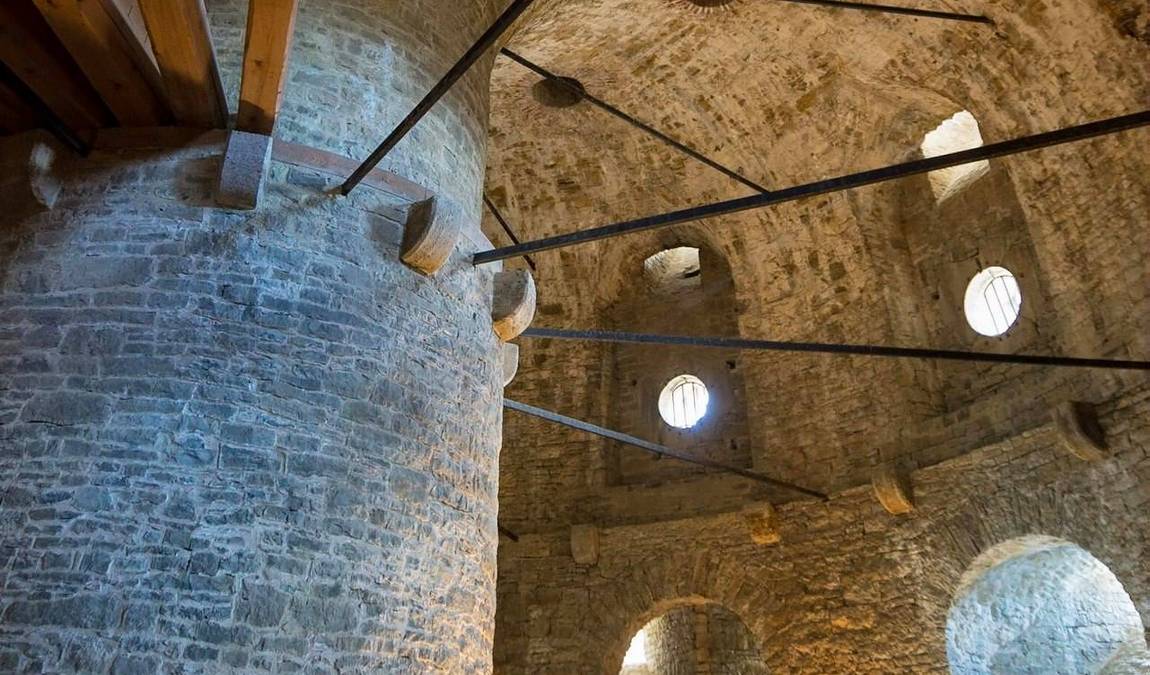 Photo: facebook.com/bayerische.schloesserverwaltung
Photo: facebook.com/bayerische.schloesserverwaltung
The Fortress holds immense cultural importance for Würzburg and the Franconia region, serving as a multifaceted symbol of the area's rich history and resilient spirit. The fortress's survival through numerous wars and subsequent reconstructions is a testament to the city's enduring character, embodying the strength and perseverance of its people throughout the centuries.
As a repository of artistic heritage, the fortress houses significant collections of Franconian art and artifacts, offering visitors a window into the region's creative legacy. These collections not only showcase the artistic achievements of Franconia but also provide valuable insights into the area's cultural evolution over time.
Moreover, the Marienberg Fortress is a historical witness, providing a tangible link to the region's political and religious past. Its walls and chambers have been silent observers of centuries of power struggles, religious transformations, and societal changes, making it an invaluable resource for understanding the complex tapestry of Franconian history.
Beyond its historical significance, the fortress is an essential educational resource, offering visitors of all ages valuable learning experiences. Through its exhibits, guided tours, and interactive displays, Marienberg Fortress brings history to life, allowing visitors to engage with the past meaningfully and fostering a deeper appreciation for the region's cultural heritage. This educational aspect ensures that the fortress plays a vital role in preserving and transmitting Franconia's rich cultural legacy to future generations.
Best Time to Visit
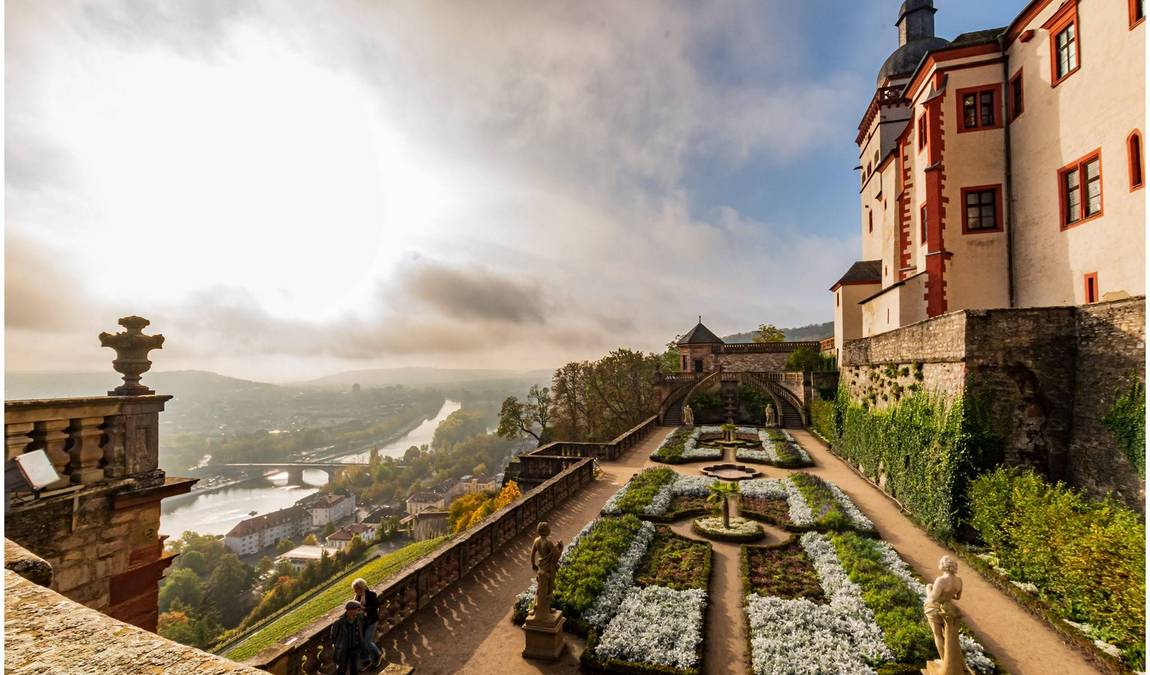 Photo: facebook.com/bayerische.schloesserverwaltung
Photo: facebook.com/bayerische.schloesserverwaltung
The best time to visit Marienberg Fortress with children is during the spring and summer months (April to September) when the weather is pleasant and offers extended opening hours. Weekdays are generally less crowded, and mornings are ideal for peaceful exploration. Weekends often feature special events and activities for families.
Recommended Duration: A typical visit lasts about 2-3 hours, allowing time to explore the museums and enjoy the views.
Our Recap
Marienberg Fortress offers a captivating journey through centuries of Franconian history, blending stunning architecture with panoramic views of Würzburg. Its museums, interactive exhibits, and family-friendly features make it an ideal destination for visitors of all ages, providing a unique and educational experience in the heart of Bavaria.


